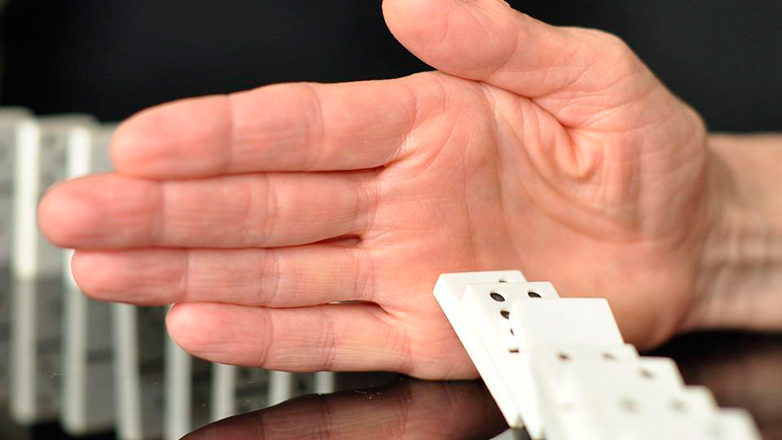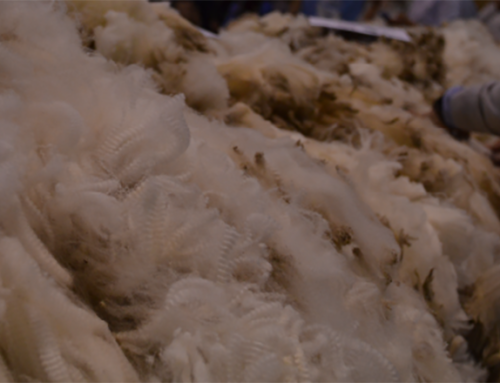Corruption perception is 6% in the judicial system, 38% in the political parties and 50% in the Police, says a survey among company executives.
In Brazil, hundreds of companies and impresarios where involved in corruption scandals that also reached the highest government positions, including the suspension of president Dilma Rousseff. Other massive scale investigations about corruption in Argentina, Chile, Colombia, Mexico and Venezuela insinuate that risks are widespread, says the US law firm Miller & Chevalier.
In the meantime, Uruguay appears in a not so uncomfortable position in the eyes of the executives who answered the survey made by this law firm in partnership with other Latin-American firms. More than a half (53%) of respondents believe that anticorruption laws are effective against a 33% rate in Latin America.
Also the perception about corruption in the judiciary branch is low (6%), although it reaches major levels in the executive and municipal branches (19%), in the legislative branch (30%) and political parties (38%). In state owned companies is 45%, in the Police 50% and in customs the levels of perceived corruption reach 61 %. These are low corruption perception levels compared with other analyzed countries.
In Uruguay, the survey was addressed to directors, CEO’s, lawyers, compliance officers of 25 big companies from different sectors – agriculture, banking, consumer products and pharmaceuticals- all with activities with the government. The survey was done between April and May and was ready this month.
From their experience in the business world, for more than a half (57%) of respondents corruption is not a “significant obstacle” in Uruguay. Another 35% believes it could be an “occasional obstacle” and only 8% sees corruption as “significant”.
One of Miller & Chevallier partners was the law firm Ferrere, which collaborated in the Uruguayan survey and in other three countries where the firm is present.
The survey results are consistent with others in the same subject. In 2015, Uruguay ranked with 73 points, in a maximum of 100 (“very clean”) in the corruption perception index made by Transparency International, combining variables as press freedom, judicial independence and rule of law. It was in the 21 position in a ranking of 168 countries.
A profile about Uruguay issued in May by Transparency International identifies areas that are “opportunities for corruption” like state-owned companies. The profile refers to the losses suffered by the state owned oil company Ancap and the report of irregularities by the opposition parties.
The report also refers to the Uruguayan financial sector and the societal instruments that preserve the actionists anonymity as a risk for corruption. In that sense, the report points out that Uruguay has been implied in international corruption scandals and tax evasion from other countries, realized between Uruguayan bank accounts or off shore societies.
Categorization
In the Miller & Chevallier report participated 637 business executives and lawyers who worked in the United States and Latin America. The survey was designed to measure their thoughts and perspectives on the state of corruption throughout Latin America and the United States and the efficiency of anti-corruption laws. The results are similar to those made in 2008 and 2012.
77 percent of respondents say anti-corruption laws are ineffective in their country. This proportion was slightly smaller (71%) in 2012. Dominican Republic (4%), Argentina (3%) and Venezuela (0%) are the worst evaluated in their anti-corruption laws.
In the region the percentage that believes that corruption is a significative obstacle for business raises to 48% (it was 44% in 2012). More than half (52%) believes they have lost business to corrupt competitors. 71% of those who did make reports say the government failed to investigate.
In Brazil, where several politicians and impresarios were judged in the past years, the proportion of respondents believing that an offender is likely to be punished, jumped from 15% in 2008, to 75% in 2012 and 90% in 2016. In Uruguay the percentage was 63 %.
In the region the percentage of respondents where their companies take measures to low risks of corruption and bribery jumped from 77% in the first survey to 85% in the second and 87% in 2016. This result may stem from the continued promotion by United States and other enforcement agencies of anti-corruption compliance programs, as well as pressure from market participants (e.g., business partners, external auditors, underwriters) pushing companies to adopt robust anti-corruption measures –says Miller & Chevallier.
Uruguay is considered a “developed country” in its anti-corruption compliance program maturity, with Argentina, Chile, Costa Rica, Ecuador and Peru. Brazil, Colombia, México and the United States are in a highest category, while Bolivia, Paraguay and Venezuela and other Centro American countries are considered “least developed”.
Carla Arellano, lawyer from Ferrere and responsible of the Uruguayan survey made in alliance with Miller & Chevallier said that “anti-corruption laws don’t improve the perception, but the good behavior does”.
Source: Búsqueda





